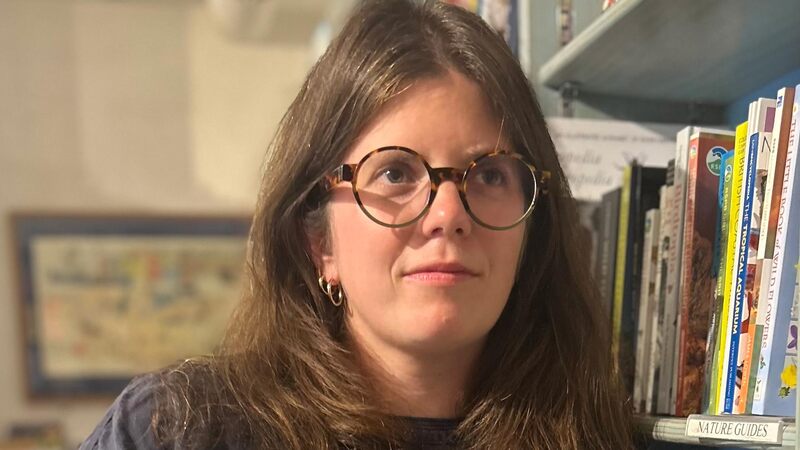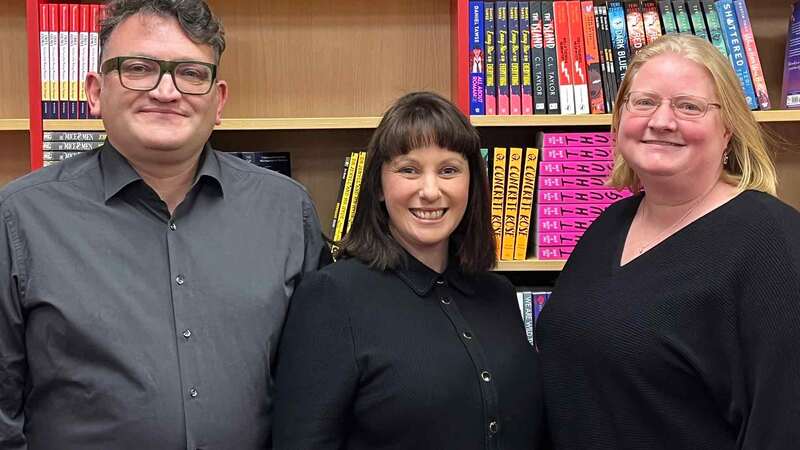You are viewing your 1 free article this month. Login to read more articles.
Translators voice concern over S&S-owned publisher's 'disastrous decision' to translate books using AI
Translators have raised concerns over Simon & Schuster-owned publisher Veen Bosch & Keuning’s (VBK) "disastrous decision" to use artificial intelligence (AI) to translate some titles into English.
The Bookseller revealed last week that the Utrecht-headquartered publisher is "working on a limited experiment with some Dutch authors for their books to be translated into English language using AI". It was later reported in the Guardian that the "project contains less than 10 titles—all commercial fiction", and does not include any literary books or titles to which English rights would likely be sold at any point. The story was also followed up on Radio 4’s "Today" programme.
The publisher, which was acquired by Simon & Schuster (S&S) earlier this year, explained that this would include "one editing phase, and [that] authors have been asked to give permission for this".
Although the Dutch publisher is owned by S&S, The Bookseller understands that the two publishers’ editorial decisions remain separate.
Industry figures have voiced their concerns about the potential "reputational damage" of this move, and the inefficiency that AI could introduce into the translation process.
Louise Rogers Lalaurie, who has translated 15 novels from French and is the author of Matisse: The Books (Thames & Hudson/University of Chicago Press), explained that the "end result" of an AI-generated translation can cost "more than a good human translation first time round" due to the time-consuming "post-editing" process.
Editing texts after they have been translated using AI requires reviewing the translations "line by line", and writing notes for the author to check. "Any translator worth their salt will charge for this by the hour," Lalaurie said, explaining that this process can end up being more expensive for the publisher.
"The only time I’ve done a post-edit was for a valued art-world client who had outsourced a non-fiction work to a non-UK publisher," she added. "The unpublishable / frequently incomprehensible AI translation added about three weeks and at least a couple of thousand euros to the process and cost. S&S should also have estimated the cost to them of the reputational damage their disastrous decision will surely wreak."
Meanwhile, Jane Davis, a literary and commercial translator from Swedish, Norwegian and French into UK English, said that translators don’t "just translate the words" or "even just translate the meaning". From fact-checking to ensuring that phrases are not taken out of context and the humour of the writing is preserved, she explained that a translator works to "generally make the author look even better in translation than in the original".
AI translations post-edited by humans would have a noticeable impact on the quality of the book for readers, Davis argued. "On the few occasions I’ve agreed to do post-editing, I’ve been paid maybe a quarter of my translation rate for something that, theoretically, requires [...] ‘extra tasks’" she added. "But I wasn’t being paid to translate. I was being paid to tidy up the text."
Literary agent Barbara J Zitwer said that her agency will not sell books to any publisher "who uses AI to translate books into English". She added: "This is a terrible idea—the AI translations are dreadful and it will destroy translators’ jobs and essential roles in the global publishing world."
S&S declined to comment for this piece.

















